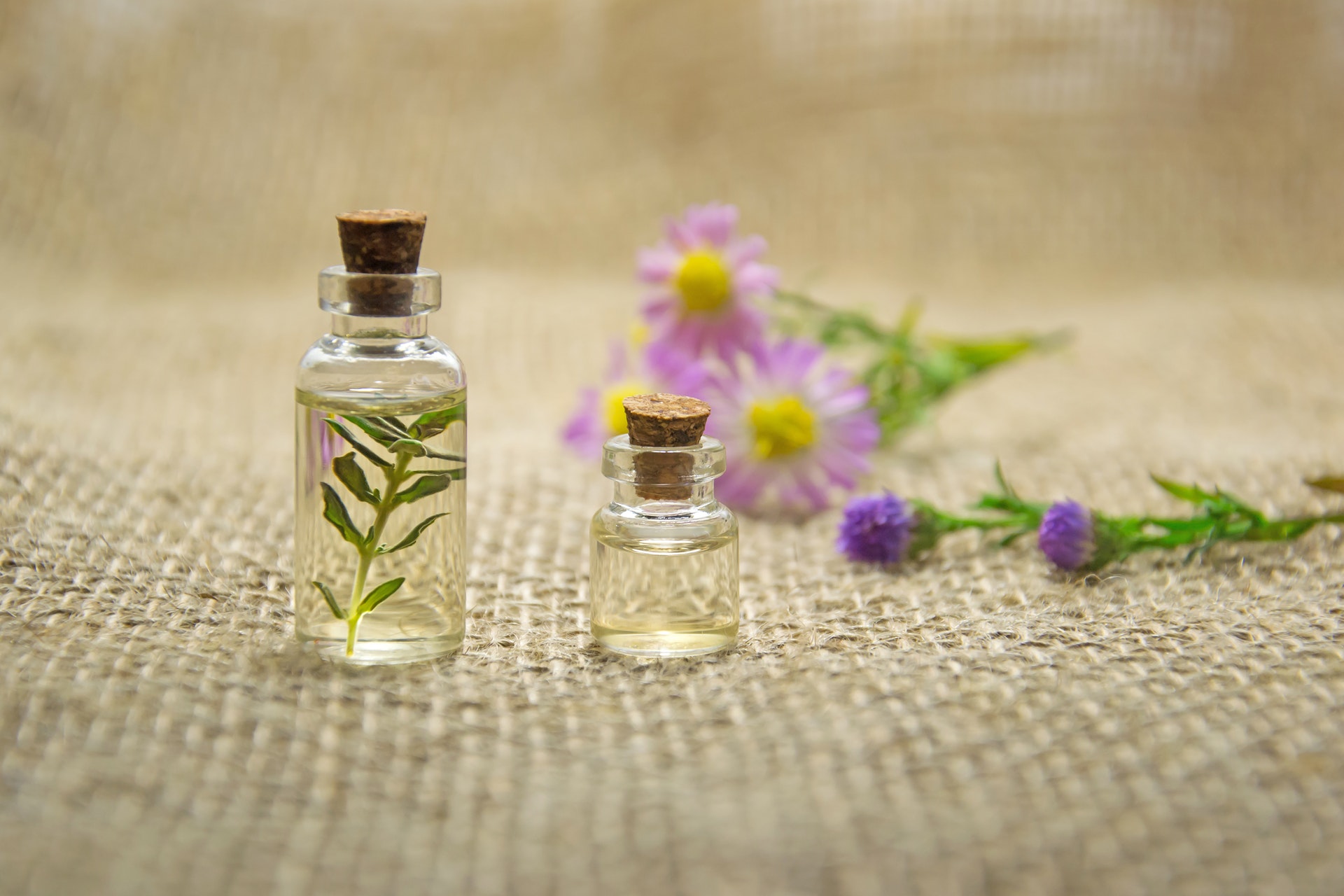
Image Credit: Pexels. Free to Use Licence
Christmas may be over but we still have a few months of winter yet to face with the cold and flu season peaking during January and February, so here are 10 essentials to keep in your medicine cabinet to help you get back up on your feet if you should end up with the sniffles.
- Paracetamol
First things first we’ll start off with perhaps the most widely used medication in the world, paracetamol. But what is paracetamol? Paracetamol, also known as acetaminophen, is considered an essential drug by the World Health Organization, helping to relieve pain and bring down a fever. Working on everything from headaches to sore throats, aches, and pains through to arthritis, paracetamol is widely available and cheap to purchase making it essential in your medicine cabinet. - Ibuprofen
Ibuprofen is a non-steroidal anti-inflammatory drug (NSAID) also used to relieve pain and bring down a fever and is often used in conjunction with paracetamol for maximum effect. Ibuprofen works by stopping the body from producing large amounts of prostaglandins which cause localized nerves to be more sensitive to pain and to become swollen. Ibuprofen is also a widely available drug and can be used to treat many of the symptoms of the common cold and flu, making it another staple to have to hand throughout the winter season. - Throat sweets
Sore throats can be miserable and sadly if you’ve contracted one as a result of a cold then you have to wait it out. Strepsils, or other throat sweets, can help to relieve the discomfort of a sore throat by soothing the inflamed areas, releasing antibacterial chemicals or providing localized numbing agents. The action of sucking on a throat sweet can also help to promote saliva production temporarily soothing a tickly cough.
- Essential oils
Essential oils such as peppermint, eucalyptus, and lavender, can help to relieve cold and flu symptoms, including headaches, muscle pains, tiredness, and nasal congestion. Essential oils can also be used as a natural disinfectant to kill germs on surfaces, and in the air. Essential oils can be dropped into the bath, into a diffuser, used as an oil for a massage or put on a tissue to be inhaled. In terms of antibacterial oils, oregano is one of the most potent as is tea tree. For chesty coughs and congestion, eucalyptus oil works wonders when inhaled and for a good night’s sleep lavender is both relaxing and a natural pain reliever.

Image Credit: Pexels. Free to Use Licence.
- Vicks nasal spray
Vicks nasal spray is a winter medicine cabinet essential helping users to fight off a cold or flu before it takes hold. When used in the first 36 hours of a cold it has been proven to help shorten the duration of the cold or stop it in its tracks altogether. The spray is inserted into the nostril and squirted 2-3 times and repeated up to 4 times a day for 48 hours. Vicks also provides a number of other cold and flu products designed to ease cold and flu symptoms such as congestion and a blocked nose. - Camomile tea bags
You may be wondering what place tea has in your medicine cabinet but hear me out. Drinking hot liquids such as soothing camomile tea is a natural and easy way to ease the symptoms of a cold whilst also providing important hydration. The steam from the tea helps to soother sore nasal passages and to open up the nasal canals aiding breathing while the warm liquid can soothe a sore throat and relieve a headache caused by dehydration. Camomile, in particular, is a good choice as it is low in caffeine, relaxing and will help you sleep.
- Manuka honey
This golden honey from New Zealand has been used for centuries to help cure all manner of ailments due to its impressive anti-microbial properties. When used in a beverage Manuka honey can help to soothe a sore throat and also has more vitamins, minerals, amino acids and antioxidants than any other type of honey. For cold and flu symptoms it is recommended to take a teaspoon of manuka honey 3-4 times per day with many regular users claiming it to be more effective than any other over the counter cold or flu medication. - Echinacea
Echinacea is a herb also known as Purple Cone Flower and has been used in alternative medicine for centuries as a possible aid in treating the common cold. Although the benefits of echinacea in treating the common cold have yet to be scientifically proven it has been seen to have other health benefits including helping to reduce inflammation, improve immunity and lower blood sugar levels. Despite not being proven in helping the common cold, echinacea is still highly regarded by many people and there’s no harm in having it in your cabinet and taking a few capsules either preventatively or when symptoms of a cold occur. - Garlic
In recent studies, those who regularly took a garlic supplement were found to be less likely to show the symptoms of a common cold than those who didn’t and those already with a cold found that their symptoms were alleviated sooner. Many people believe that it is the sulfur-containing compounds in garlic, that are responsible for its cold curing properties, but there are a number of other elements in garlic that could also play a role including saponins and amino acids. Some people choose to eat raw garlic at the first sign of a cold while others take garlic as a supplement form to avoid the smell and taste. - Multi-vitamins
Finally, every winter medicine cabinet should be stocked with a good multivitamin to provide essential vitamins such as Vitamin C, Vitamin B12 and Vitamin D which it can be easy to become deficient in during the winter. Taking multivitamins on a regular basis is, of course, no substitute for a healthy diet but can help to cover you against any accidental deficiencies leading to a stronger immune system and a greater chance of being able to fight off winter diseases.
Related posts:
How to Stay Healthy as You Age
High Quality Food Can Change Your Life
Risks That Could Cause a Heart Attack
When Lumbar Surgery Is Right for You
Pre-Exposure Prophylaxis Treatment in East Village
Five Family Health Areas To Focus On
7 Useful Tips On Detoxifying Your Body For Visible Results
Restore Your Health and Body Function with Safe and Effective Physical Therapy Care in New Jersey


